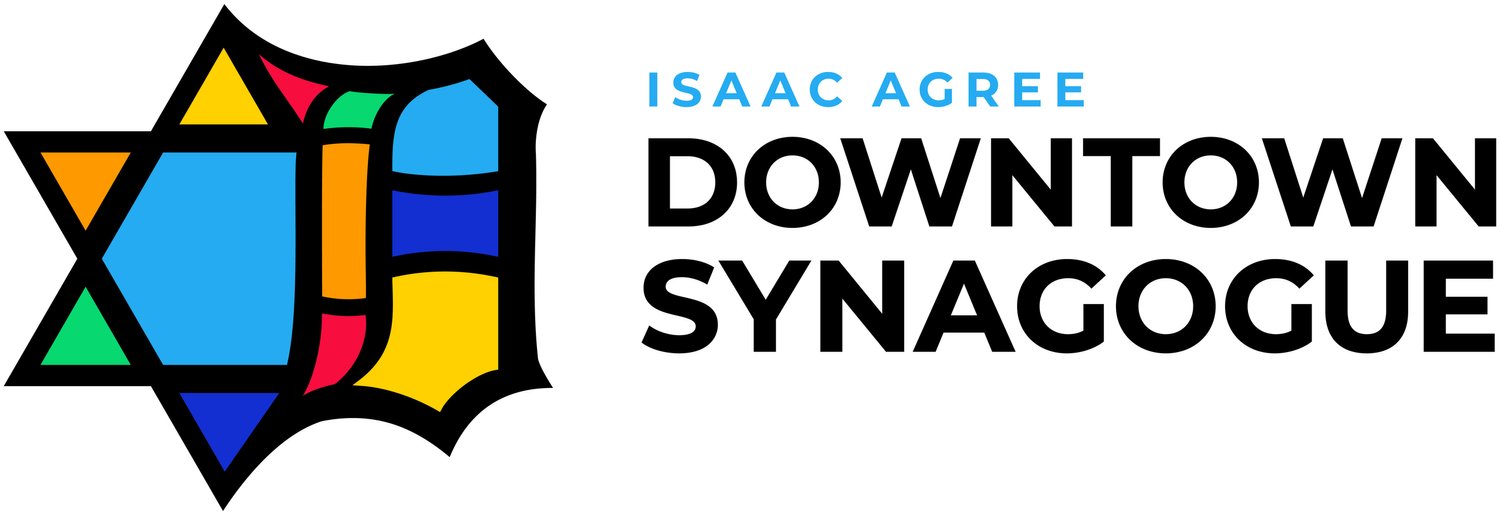This week we read the very first words of the Torah. God creates life in all of its beauty and complexity. God creates human beings, and desires that they be made in the image of God (Genesis 1) and that they find fitting partners for one another (Genesis 2). But in Genesis 4, a human being commits the first murder. By Genesis 6, there is so much violence on Earth that God regrets having created humans and decides to destroy God’s own creation. In the beginning of next week’s Torah portion, we read that the earth was full of hamas (Genesis 6:11), translated as lawlessness, wrongdoing, or violence.
These are ancient words. Written thousands of years ago, perhaps as a cautionary tale for humanity. And yet last Shabbat as Jews read the Torah’s first words, our understanding of the Hebrew word hamas was eclipsed by the evil perpetrated by the terrorist group Hamas. Hamas’ troops did not just commit lawlessness, wrongdoing, and violence. Fueled by hate, Hamas’ troops specifically targeted, attacked, kidnapped, and murdered Jews on a massive and horrific scale.
It was the most violent and deadly attack on Jews in my lifetime. And now I, as a human being, and a mother, and a Jew, and a student of the Torah’s ancient words, feel left without words.
I feel left without words because many of us are now grieving the loss of family and friends. Our tradition teaches that when you approach a mourner at a shiva, you don’t speak until they do. There are no words that will unbreak our hearts. But a shiva allows a mourner to feel less alone. So if you are in mourning, please know you are not alone. I am here, and we all need to be here, to listen to your words or to your silence.
And I feel left without words because no matter what I say, it may be seen as insufficient, political, charged, biased, naive, too particularist or too universalist, too angry or not angry enough, too sympathetic or unsympathetic. But when we turn away from each other because we are choosing different words, we become even more lonely at a time when we need each other.
Whatever we are feeling throughout the day–fear, anger, grief, helplessness, righteous indignation, clarity, confusion, solidarity, loneliness, or countless other human emotions–I encourage us to remember, as I said in my Yom Kippur sermon a year ago, that it is possible for people and for entire countries to be both powerful and vulnerable in the exact same moment. Right now, Israel is extremely vulnerable–in addition to mourning the losses of a terror attack and a war, tragically we know that more Jews will die in the weeks to come. And at the exact same time, Israel is extremely powerful–the lives of thousands of people are now in the hands of Israel’s government and the IDF. Both Israel’s vulnerability and Israel’s power keep me up at night.
I know I am not the only one who is afraid, or lonely, or struggling to find words. Please find ways to be together in person. For thousands of years our tradition has required a minyan for Kaddish so mourners are not alone, and has encouraged learning directly from one another so we can better understand our world and each other. In the second chapter of the Torah, we read that God does not want us to be alone because loneliness is lo tov, not good. I highly encourage you to be together in person this Shabbat and in the weeks to come as we grieve and learn together. We can strengthen each other.
We also have allies. I am proud to share the words of our partners and friends Pastor Aramis Hinds of Breakers Covenant Church International and Reverend Emily Williams Guffey of Christ Church. Their love and support during this time is invaluable. And it can help us to feel less alone.
If you want to meet just one-on-one, please reach out and we’ll find a time. Maybe together we can sit in silence, or begin to find words.

